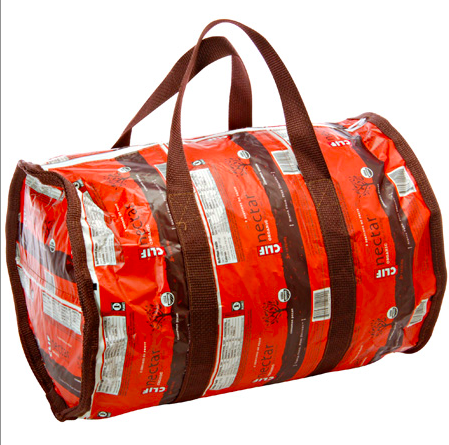Victoria Mindova
Only 20% of the total amount of waste is cuurently being recycled in Greece whereas worldwide, 4.5 billion out of 7 billion tons are not being processed. "Not only are we polluting the earth but we are losing a huge amount of primary raw materials," states Adamandios Skordilis, Secretary General of the Hellenic Recycling Organization, who spoke at the annual Corporate Waste & Recycling Conference.
The aim of Greece is to recycle 30% of the total amount of waste by 2020. However, the objectives of the European Union as a whole are more ambitious. Brussels is planning that Europe will be recycling 50% of waste within eight years.
Recycling makes it possible not only to reduce the cost of raw materials and energy and helps protect the environment, but also becomes a profitable business over the years. The turnover of waste processing companies exceeds 50 billion euro and the trend shows that this figure will continue to increase.
However, recycling still has some disadvantages. The most significant among them is that the end product made from processed raw materials is often of poorer quality than the same product made from newly produced raw materials as stated by Antonis Mavropoulous, Chief Executive Officer of D-Waste.

According to him, there are several obstacles to improving the quality of products made from recycled materials. These involve the mixing of materials to be processed, their unclear origin and the system that checks the quality of the recycled product.
Mavropoulous presented the Upcycling method which is an improved version of recycling. It incorporates both the production of a better-quality end product made from recycled materials and the promotion of a particular brand or company through a targeted corporate marketing strategy.
The main idea of Upcycling is to use certain types of materials of the same brand which are completely identical in order to make a new product from homogeneous material rather than a hybrid product from materials of the same kind but different in quality. For example, there may be only plastic waste in one container. However, this waste is of different composition and quality, the end product obtained through its processing is hybrid and it may not have the quality of a product made from newly produced plastic.
"This is a new kind of recycling with high added value which can have its own brand or maintain the brand of the recycled material," says Antonis Mavropoulous. He gave the example of Clif Bars desserts in the United States. Within a campaign, the company had invited the customers to send back the packaging of their favourite desserts and then subsequently used the new recycled material to make sports bags designed by Donna Karan.
In other words, Upcycling is a process which reuses disposable products, adding value to them and making them useful or just aesthetically pleasing. Upcycling opposes consumer culture and encourages people to think of new ways of using items instead of discarding them.
Upcycling is a process which reuses disposable products, adding value to them and making them useful or just aesthetically pleasing.Innovation is the driving force for the prevention of environmental pollution. An example of this is the development of new technologies for domestic appliances. BOSCH branded home washing machines made in 2012 use 53% less electricity and 35% less water in comparison with those produced in 2007. The new generation of home appliances by BOSCH has saved the consumers 1.9 billion kilowatts resulting in 3.9 billion tons of oxygen dioxide less in the environment.
All the experts at the forum in Athens have agreed that recycling and environmental protection has three main sides - consumers, producers and government.
In Greece, the government is planning to introduce a fee for unprocessed industrial waste. The measure should act as an incentive for large and small production units and industrial companies to reduce the emissions and waste released during the production process.
The fee will initially amount to 35 euro per ton of unprocessed waste, tending to increase later to 60 euro per ton of unprocessed waste. "Those who pollute will pay. This will be the basic principle of our actions," says Adamandios Skordilis.
According to Skordilis, in order for the percentage of recycled waste to increase there must be a change not only in the mode of production but also in the minds of consumers. So, we need to raise public awareness of the quality and composition of the products and of the consequences of improper waste management.
Nikoas Mandoufas, who is Secretary General on issues of waste management, such as public-private partnerships at the Ministry of Development, Competition and Infrastructure, has announced that there are 11 public tenders for recycling and waste management centres. Concession contracts will be in force for 25 years and the state will pay the private concessioner only if the project is being implemented as planned and if there is no delay in the completion of the various stages. European funds will cover 50% of the value of the projects and the private investment entrepreneur who has won the tender will secure the remaining 50%.
The Ministry encourages entrepreneurs from different production sectors to seek funding from the JESSICA fund of the European Investment Bank. It grants preferential loans to entrepreneurs who want to improve the efficiency of their production processes by optimizing electricity systems or making ecological improvements.